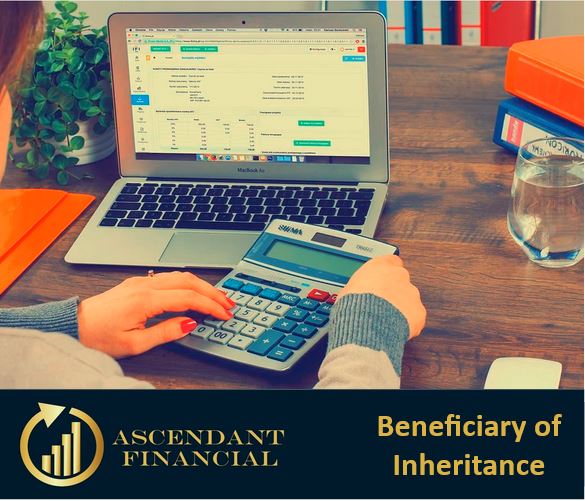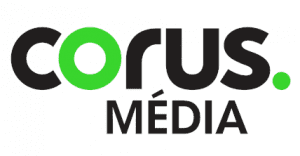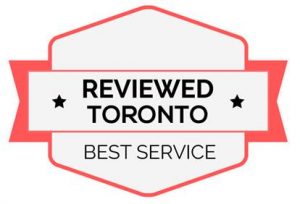What happens when you inherit money?
So what should you do if you are the primary beneficiary or contingent beneficiary of an inheritance? How do you ensure that this endowment is utilized as intended by the person who left it to you? Consulting a financial advisor will set you on the right path. Implementing these tips will help you get the most out of your inheritance.
Slow Down. Think Long Range. Consider what is truly important to you and your family when you are at the same point of leaving an inheritance to the next generation. How can you use this gift to ensure that you have taken it and grown it to even a more significant amount for the next generation? What precisely would need to change between now and the day you pass on to maximize the value of this gift to more than one generation? What matches our long-term objectives and still honours the person we received this gift from… can we do both of these things productively?
While you might get a sizable amount as your inheritance, you're likely receiving it as you, unfortunately, mourn the demise of a loved one. So pause and give yourself time to go through the process of grief before making any significant financial decisions.
In the meantime, it is advisable to maintain the money where it is extremely liquid. Ideally, it will earn some interest while you decide what to do. Consider an insurance policy company or a “high-interest” savings account for the short term. As soon as you can notify, a financial advisor that you have an expected windfall. Let them know you will want to create a time to meet and discuss options once you and the family have had some personal time. They will help you determine how to best preserve your capital until you're ready to use it.
Should I pay debts with inheritance?
Avoid paying debts too quickly. This is common practice, but you may unintentionally lose out on years of opportunity costs depending on your unique circumstances. For example, suppose you pay off a mortgage and are not financially able to access funds via a re-finance or HELOC. In that case, you could have locked the money into a monetary prison of equity. It may feel nice, but when a quality opportunity knocks on your door, you will be undercapitalized and unable to take advantage in this scenario.
When you are finally ready to put your newfound wealth to work, take the time to consider where you can have the most amount of control. It may be in your best interest to first pay off any bad debt, such as bad credit card debt, but consider recapturing it instead. You can learn how that process works with our on-demand class.
What should you do with inheritance money?
It is suitable for many to invest a large portion of what they receive or to warehouse it in a safe and efficient growth vehicle like Participating Dividend Whole Life. This way, you have constant growth and liquidy as the cash values grow each day. In addition, if you choose the investing route, be laser-focused on investments in categories and industries you know a great deal about. Everything else is speculative. An investment should only be in something you have explicit knowledge or skill in.
You must consider your time horizon. Consider the significant life events ahead of you and when your capital needs will be the highest. Get very clear on the liquidity you will have in any situation with the investments you look at (i.e., when you need access to the money).
Investing your time and resources in acquiring financial knowledge will enable you to make intelligent financial decisions and maximize the use of your inheritance.
Contact Ascendant Financial today to review all of your Life Insurance Beneficiary options.










